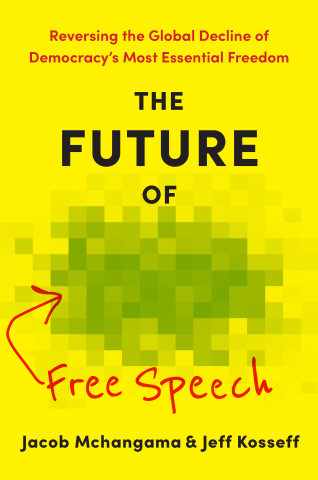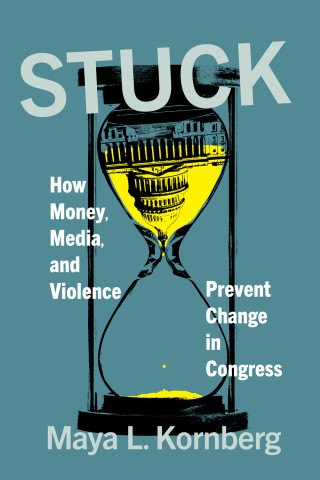
Reviews
This is an excellent book on human rights as it pertains to the situation in Latin America.
Book Details
Acknowledgements
Prologue
Part I: The Human Rights Idea
Chapter 1. The Arc of Human Rights
Chapter 2. Human Rights in Two Latin American Democracies
Chapter 3. Participation, Democracy, and Human Rights
Acknowledgements
Prologue
Part I: The Human Rights Idea
Chapter 1. The Arc of Human Rights
Chapter 2. Human Rights in Two Latin American Democracies
Chapter 3. Participation, Democracy, and Human Rights: An Approach Based on the Dilemmas Facing Latin America
Part II: Institutional and Legal Frameworks and the Question of Accountability
Chapter 4. The New Accountability Agenda in Latin America: The Promise and Perils of Human Rights Prosecutions
Chapter 5. Reconsidering the Peace-and-Justice Debate: International Justice in Africa and Latin America
Chapter 6. The United Nations and Human Rights: What Is Wrong and How to Fix It
Chapter 7. Crime, Society, and the Challenge to Human Rights Protection
Chapter 8. Chile: Coming to Terms with a Traumatic Past
Part III: Citizens' Movements and Conceptions of Citizenship
Chapter 9. International Migration and Human Rights
Chapter 10. The Longue Durée of NGOs Promoting and Monitoring Economic, Social, and Cultural Rights in a Divided Global Civil Society
Chapter 11. Challenging Neoliberalism and Development: Human Rights and the Environment in Latin America
Chapter 12. Voice and Visibility in Latin American Memory Politics
Epilogue: A Task for All
Contributors
Index





